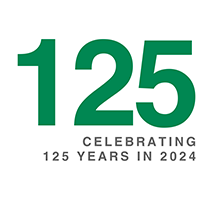Redress Scheme: Charity Deregistration for not Joining
The Commonwealth of Australia is aiming to incentivise charities to participate in the Redress Scheme. Minister for Families and Social Services, Anne Ruston, in public statements assumes that by not joining, a relevant charitable or religious institution is “refusing to accept their moral obligation and responsibility to acknowledge the wrongs committed”.
The Minister has also expressly indicated that the addition of a governance standard under the new legislation to require registered charities to take all reasonable steps to become a participating non-government institution if a claim is made or is likely to be made against them, will ultimately result in deregistration with the ACNC if that governance standard is not met.
A new exposure draft is presently circulating: submissions are open until 8 January 2021.
Object (1)
The new object of the legislation is the “maintaining and enhancing of public trust and confidence in the Australian Not-For-Profit Sector by ensuring that a registered entity’s governance enables it to be accountable for its past conduct relating to institutional child sexual abuse”
We consider this object is already embedded in the ACNC Act, section 15-5(1)(a) and does not need separate targeted legislation.
Standard (2)
An entity is required to take all reasonable steps to participate in the Redress Scheme if the entity is or is likely to be identified in the abuse of a person by
- Claims made to the Scheme; or
- Information provided in response to queries put by the Operator
We query what are the “reasonable steps” a registered entity must take to participate in the National Redress Scheme? The note indicates that “agreeing to participate” would be included among those reasonable steps. We are concerned how an entity deals with a rejection on its application as a result of significant financial common law contingencies.
Who determines whether a registered entity “is likely to be” identified as being involved in abuse of a person? This leaves significant power in the hands of the Scheme officers.
